LaLiga's Piracy Block: Vercel Highlights Concerns Over Internet Censorship

Table of Contents
LaLiga's Anti-Piracy Strategy and its Technological Implementation
LaLiga faces a significant challenge: the widespread illegal streaming of its matches. This piracy undermines its revenue streams, impacting the league's ability to invest in talent and infrastructure. To combat this, LaLiga has implemented a sophisticated anti-piracy strategy, a key component of which is the controversial "Piracy Block." This system utilizes a combination of technologies, likely including DNS blocking and URL filtering, to identify and prevent access to websites known to host illegal streams of LaLiga matches.
- Effectiveness: While precise figures are difficult to obtain, reports suggest the system has led to a reduction in the number of accessible illegal streams. However, the effectiveness is constantly challenged by the evolving nature of online piracy.
- Examples of Blocked Websites: The specific websites targeted by LaLiga's Piracy Block are generally not publicly disclosed to avoid driving traffic to them. However, the system targets a range of platforms, from dedicated streaming sites to social media groups sharing illegal links.
- Costs: Implementing and maintaining such a complex system requires significant investment in technology, personnel, and legal resources. The exact costs remain undisclosed but are likely substantial.
Vercel's Concerns Regarding Censorship and its Impact
Vercel, a prominent platform for web development and deployment, has voiced significant concerns about LaLiga's Piracy Block. Vercel champions internet freedom and argues that the system's implementation poses a risk of overreach and censorship. Their core argument centers on the potential for misidentification of legitimate websites, leading to unintended blocking and a chilling effect on free speech and innovation.
- Potential for Misidentification: Vercel points to the risk that the blocking technology could inadvertently target legitimate websites, perhaps due to inaccurate data or overly broad filters. This could harm small businesses and independent content creators who may be unfairly penalized.
- Abuse Concerns: The potential for abuse of such a powerful blocking system is a major concern. If such technology is not implemented and overseen carefully, it could be used to suppress dissent or limit access to information beyond the context of copyright infringement.
- Alternative Solutions: Vercel advocates for alternative approaches to combatting piracy, such as improved copyright enforcement, collaboration with content creators, and the development of more sophisticated watermarking technologies to identify and track illegal copies.
The Broader Implications for Internet Freedom and Censorship
The debate surrounding LaLiga's Piracy Block is not isolated. It underscores a much wider discussion about the balance between intellectual property rights and internet freedom. The use of blocking technologies to combat online piracy raises complex ethical and legal questions.
- International Examples: Similar debates are ongoing globally, with various countries and organizations employing similar – often more restrictive – technologies to control online content. China's "Great Firewall," for example, illustrates the potential for extensive censorship under the guise of security or intellectual property protection.
- Arguments For and Against Blocking: Proponents argue that blocking is a necessary measure to protect intellectual property and prevent significant financial losses. Critics, however, highlight the risks to freedom of expression, the potential for collateral damage, and the lack of transparency and due process often involved.
- Impact on Small Businesses: The potential for misidentification and blocking of legitimate websites poses a considerable threat to small businesses and independent content creators who may lack the resources to challenge such actions.
Finding a Balance: Protecting Intellectual Property While Preserving Online Freedom
The challenge lies in finding a balance between protecting intellectual property rights and preserving the open and free nature of the internet. This requires a multi-pronged approach.
- Alternative Technologies: Exploring technologies like advanced watermarking, content identification, and blockchain-based solutions could offer more nuanced and less restrictive ways to combat piracy.
- Transparency and Accountability: Greater transparency in the implementation of blocking technologies, along with robust accountability mechanisms, is crucial to minimize the risk of abuse and unintended consequences.
- Strengthened Legal Frameworks: Effective legal frameworks that address online piracy while upholding fundamental rights are essential. These frameworks should provide clear guidelines, due process, and mechanisms for redress.
Conclusion: Navigating the Complexities of LaLiga's Piracy Block
LaLiga's need to protect its intellectual property is undeniable, as is Vercel's legitimate concern about the potential for censorship and the chilling effect on online freedom. The debate surrounding LaLiga's Piracy Block highlights the urgent need for a balanced approach to combating online piracy while safeguarding fundamental online freedoms. This requires a collaborative effort involving rights holders, technology companies, and policymakers to explore innovative solutions that protect both intellectual property and internet access. Let's continue the conversation and explore innovative solutions that address the challenges posed by online piracy and LaLiga's piracy-blocking efforts, finding a path that protects both creators and users.

Featured Posts
-
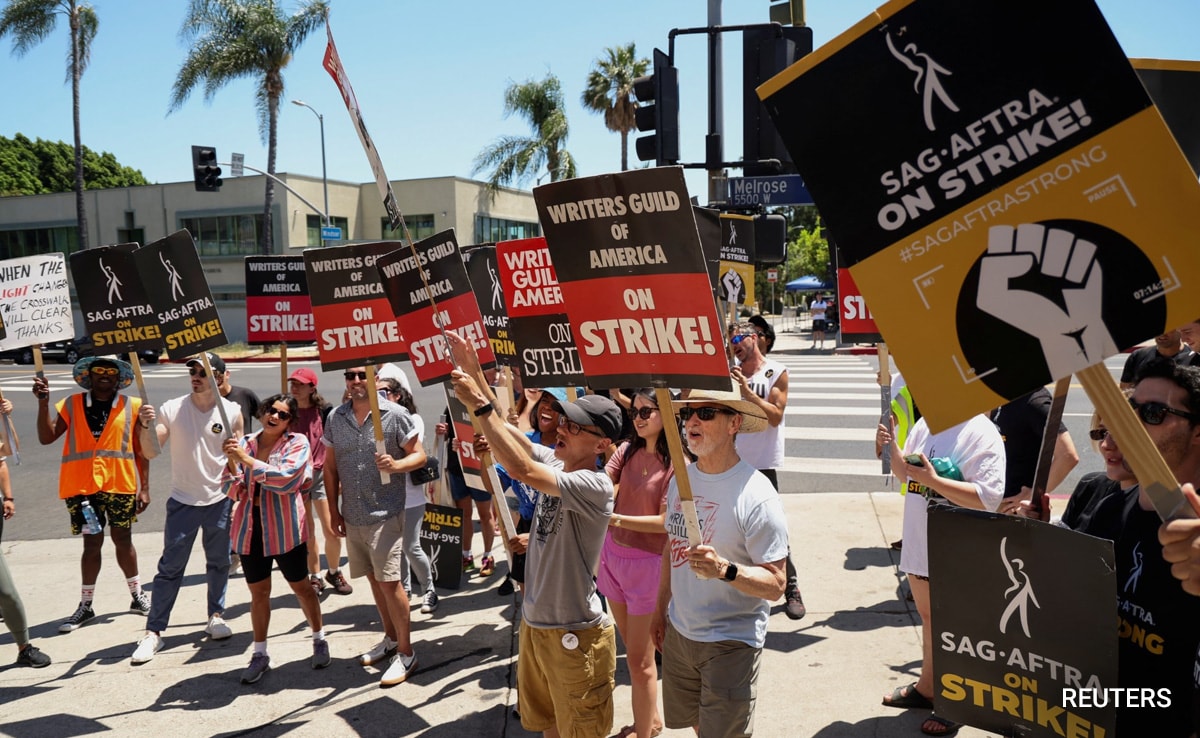 Unprecedented Hollywood Strike Actors And Writers Demand Change
May 16, 2025
Unprecedented Hollywood Strike Actors And Writers Demand Change
May 16, 2025 -
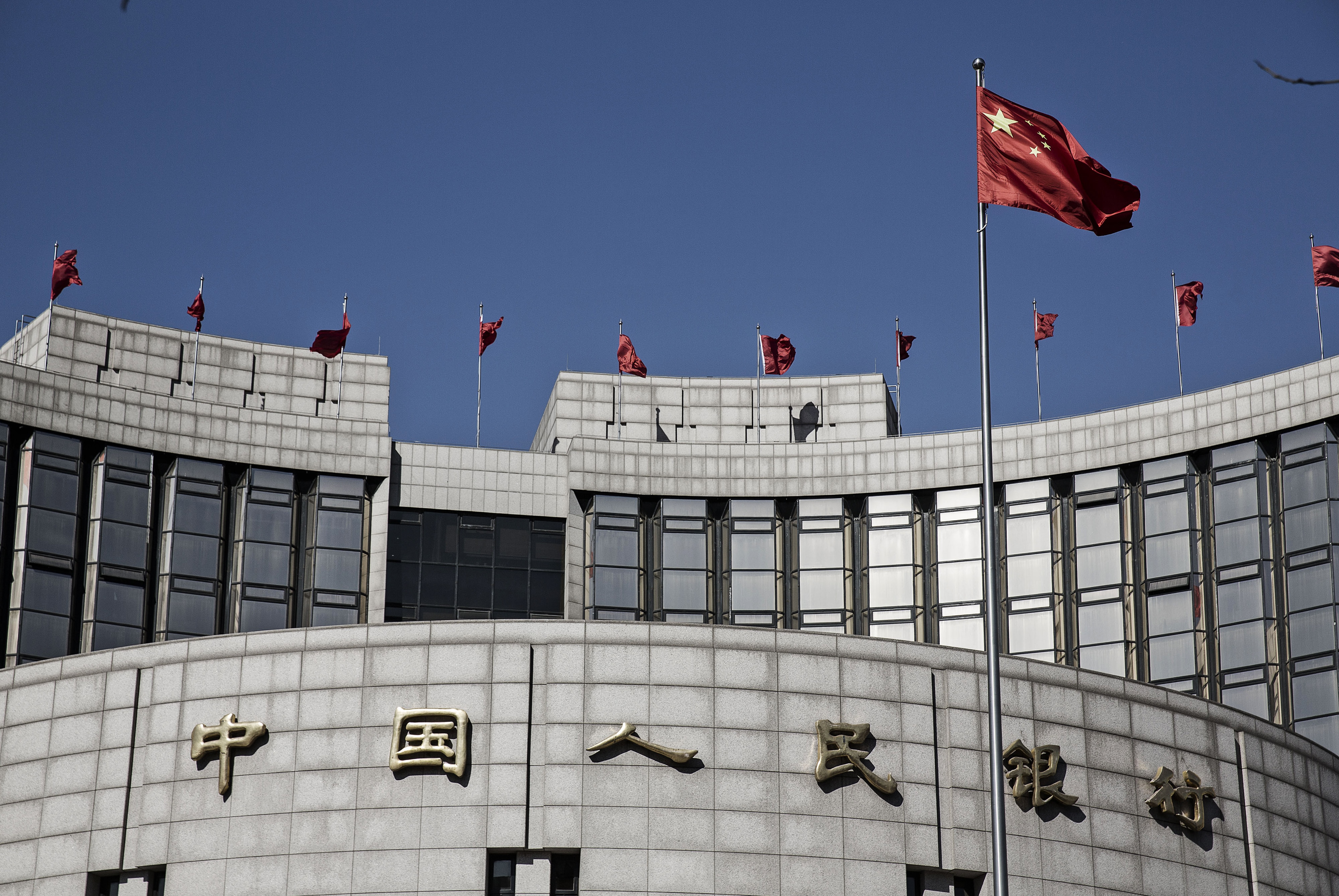 Yuan Exchange Rate Fluctuations Pboc Intervention Underwhelms
May 16, 2025
Yuan Exchange Rate Fluctuations Pboc Intervention Underwhelms
May 16, 2025 -
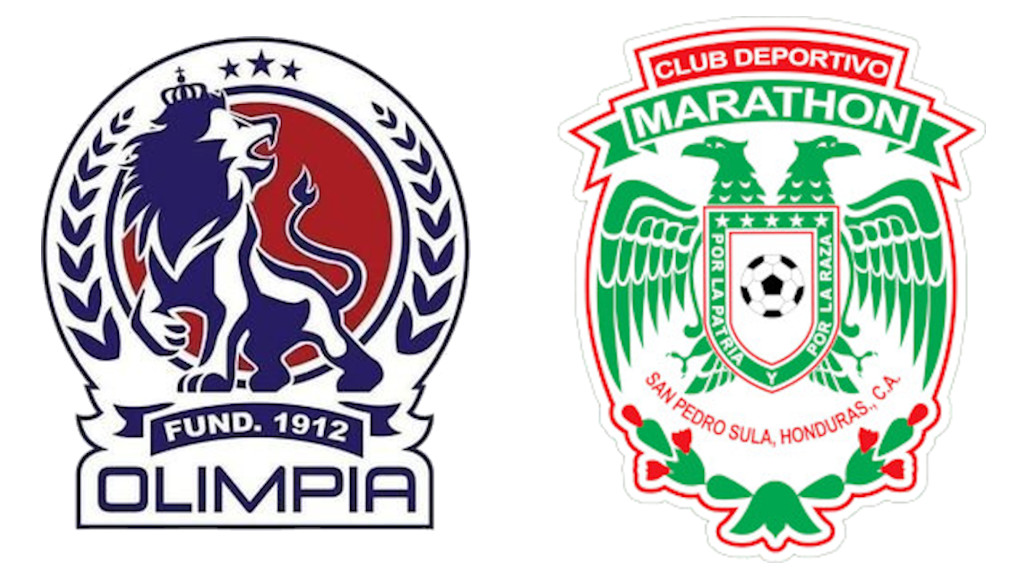 Olimpia Derrota A Penarol 2 0 Resumen Completo Del Encuentro
May 16, 2025
Olimpia Derrota A Penarol 2 0 Resumen Completo Del Encuentro
May 16, 2025 -
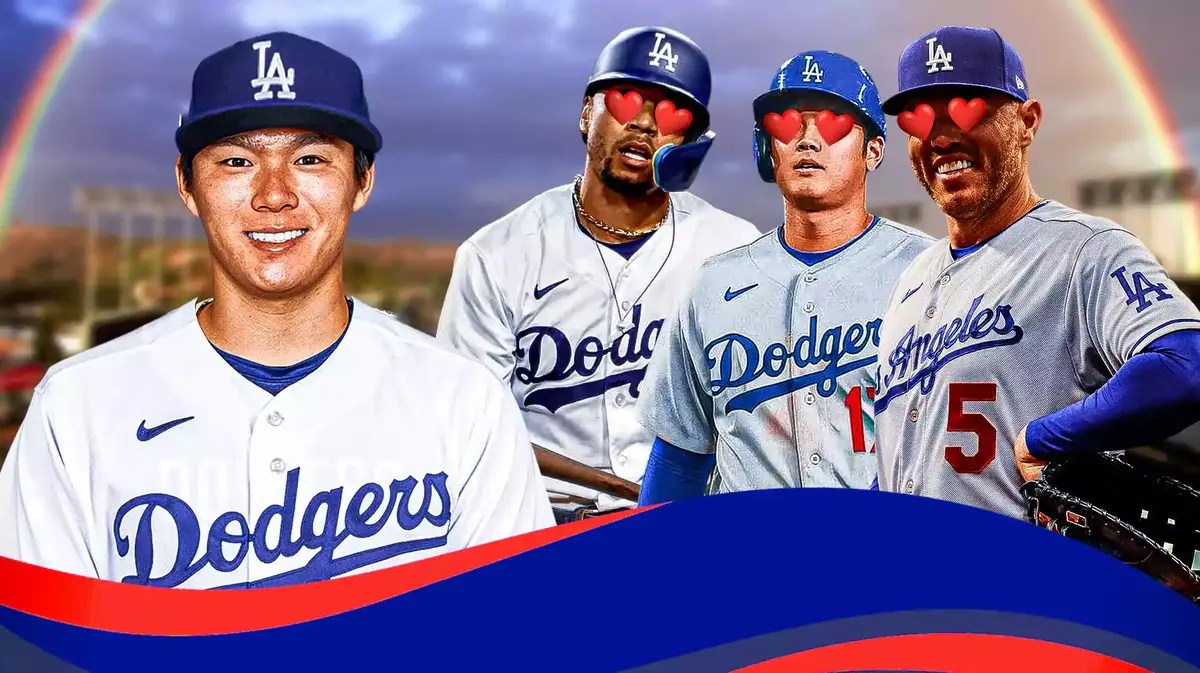 Forgotten Dodgers Signing A Long Awaited La Debut
May 16, 2025
Forgotten Dodgers Signing A Long Awaited La Debut
May 16, 2025 -
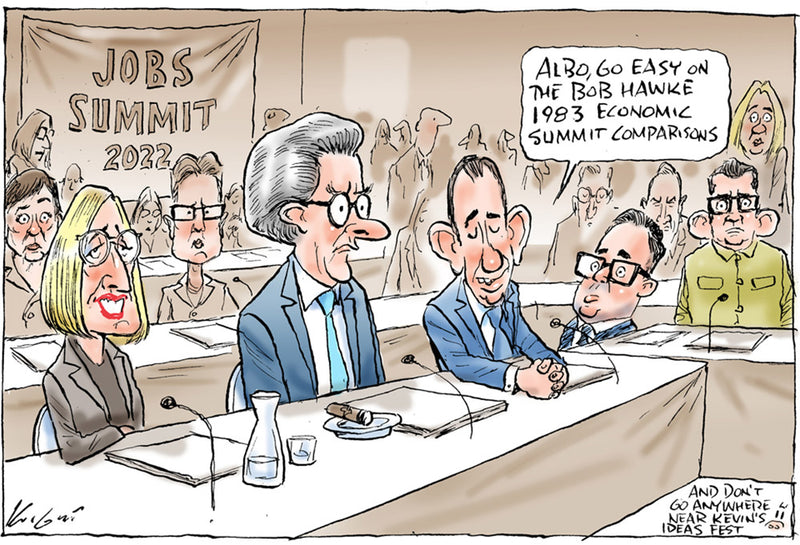 Australias Election 2024 Weighing Up Albanese And Duttons Platforms
May 16, 2025
Australias Election 2024 Weighing Up Albanese And Duttons Platforms
May 16, 2025
